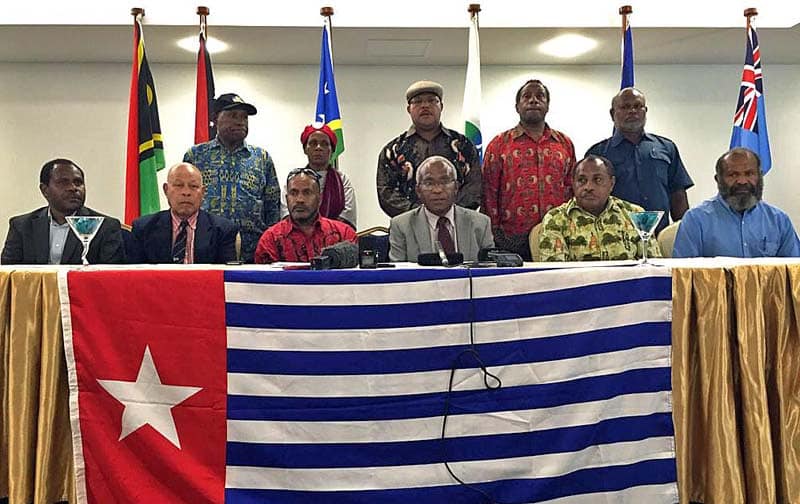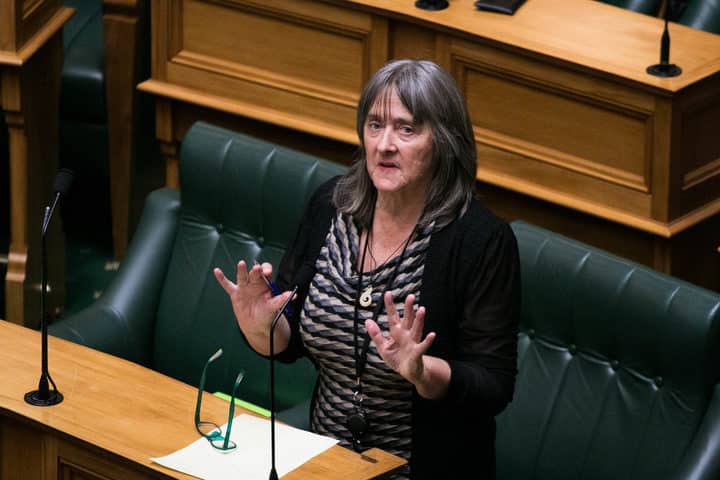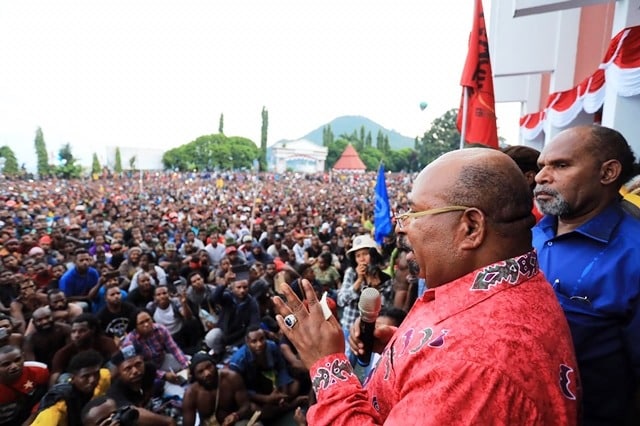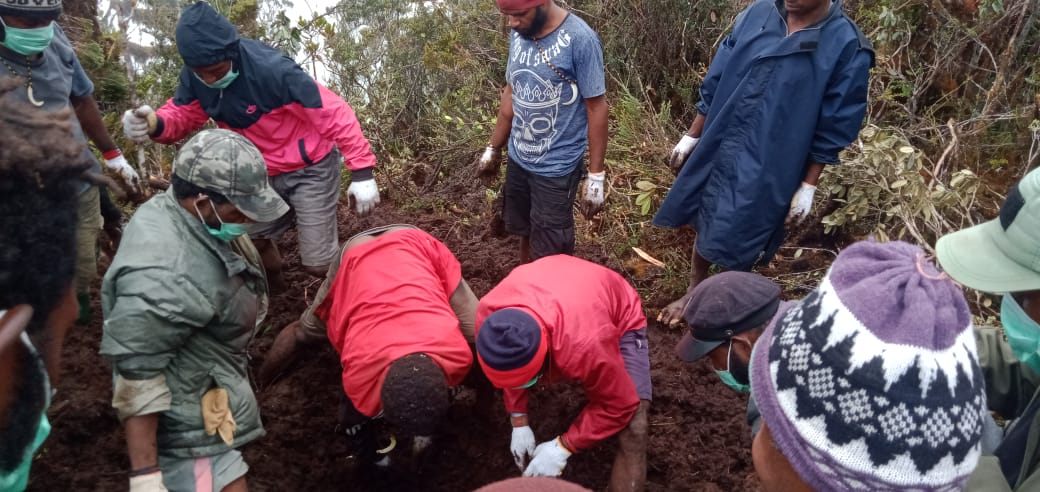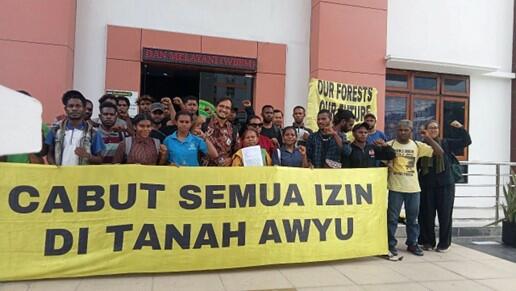
By Gregory B. Poling
Jayapura, Jubi – Ongoing troubles in the West Papua region, and the unwanted attention they have garnered, are a sore spot for Indonesian authorities. They undermine the larger narrative of an Indonesia finally at peace with itself, consolidating its democracy and putting the ghosts of its past human rights abuses to bed. Indonesia’s energetic campaign to engage its Melanesian neighbors and block Papuan aspirations for a seat in the Melanesian Spearhead Group (MSG) was a predictable response. Last week’s decision from the MSG leaders’ summit also shows it was a successful campaign, but only partly.
The leaders of Fiji, Papua New Guinea, the Solomon Islands, Vanuatu, and New Caledonia’s Kanak and Socialist National Liberation Front on June 26 finally settled the question of West Papuan membership in the MSG, at least for now. The long-awaited decision turned out to be a compromise that didn’t entirely satisfy anyone—the United Liberation Movement for West Papua (ULMWP) was granted observer status in the group, while Indonesia was upgraded from an observer to an associate member. The compromise is messy, but probably better than the alternatives—alienating Indonesia or being seen as forsaking Papuan aspirations.
The MSG has been struggling with the question of Papuan membership for the last few years. Unlike most of the rest of the world, the public and governments in the Pacific in general and Melanesia in particular remain acutely aware of the ongoing human rights situation and supportive of the struggle for greater self-determination in West Papua (referring to the Indonesian provinces of Papua and West Papua). The group set aside the membership bid of the Vanuatu-based West Papua National Council for Liberation in June 2013 pending a fact-finding mission to Jayapura—the capital of Papua Province—and Jakarta. MSG leaders then determined that the bid was not sufficiently representative of Papuan voices.
Papuans in exile responded by submitting another bid under the ULMWP, a new umbrella organization encompassing several Papuan separatist organizations. The back-to-back membership bids helped put the issue of West Papua back on the regional agenda in a way it has not been in decades. Then-prime minister of Vanuatu Moanna Carcasses took to the floor of the United Nations in 2013 to demand that a special representative be appointed to examine human rights abuses in West Papua and an investigation be launched into the legitimacy of Indonesia’s 1969 annexation of the region. A diplomatic row erupted when a “Freedom Flotilla” from Australia made a symbolic, and perhaps illegal, visit to Indonesian waters and met with Papuan leaders offshore.
The MSG’s decision is certainly a disappointment to many pro-independence Papuans. But the ULMWP made clear before the summit that it would accept observer status as a partial victory. In the wake of the decision, Papuans seem generally pleased, though some ULMWP leaders questioned the fairness of Indonesia’s associate membership. Jakarta, on the other hand, remains reticent. Indonesian authorities appear worried that the observer status extended to the ULMWP is a first step toward full membership, even though MSG leaders were clear that the ULMWP will only represent Papuans in exile within the organization. Jakarta also recognizes, correctly, that the group’s decision is a recognition that, at least in the eyes of Indonesia’s Pacific neighbors, Papuans have legitimate grievances that will not be swept under the rug.
So far, Indonesia’s pique at the decision to grant the ULMWP observer status might be outweighing satisfaction with its own upgrade to associate membership. That is a mistake. Admittedly, Jakarta might balk at the conditions placed on its membership—the MSG leaders want to see Indonesia represented not by the president but by the governor of one of the five Indonesian provinces with substantial Melanesian populations: East Nusa Tenggara (which includes West Timor), Maluku, North Maluku, Papua, and West Papua. But this could prove a blessing in disguise.
The waning months of the administration of President Susilo Bambang Yudhoyono saw an effort to develop a system of greater local autonomy for Papua and West Papua provinces. The governors of each province developed their own draft plans for the new system, but political attention drifted as Yudhoyono became a lame duck, and the effort has not been picked up by his successor, President Joko “Jokowi” Widodo. It is worth noting, however, that one of the more creative proposals in the more robust of the two draft plans—and the only one likely to address Papuan grievances—was for West Papua to represent Indonesia in Pacific regional architecture. The MSG has now provided an avenue for Jakarta to fulfill that request.
Since his campaign for the presidency, Jokowi has committed in his rhetoric to address Papuan grievances and improve the human rights situation in the region. But so far, he has nothing to show for it. His own minister rebutted a plan to end Jakarta’s long-standing policy of promoting the migration of non-Papuans to the region; his army chief effectively contradicted an announcement that foreign journalists would have unrestricted access to the two provinces; and the House of Representatives rejected a plan to release dozens of Papuan political prisoners. It is therefore unsurprising that cautious optimism regarding Jokowi has turned to cynicism among many Papuans. Appointing a Papuan governor to represent Indonesia in the MSG could offer Jokowi a small but much-needed win.
The MSG could offer a useful avenue for Indonesian authorities to engage the concerns of its Melanesian neighbors as well as pro-independence Papuans. Solomon Islands prime minister and this year’s MSG chair Manasseh Sogavare was clear that one reason for the compromise decision by the group was to provide a venue for dialogue between the two sides. Ignoring, and criminalizing, Papuan demands for self-determination has not helped Indonesia end the region’s persistent insurgency or improve the lot of average Papuans. Dialogue is worth a try. And by ensuring that Papuans will have a regional megaphone, the MSG has made it harder for Jakarta to ignore the issue. That should make President Jokowi happy. (*)
Gregory Poling is a fellow with the Pacific Partners Initiative at the Center for Strategic and International Studies in Washington, D.C.
This article was published in CSIS’s Pacific Partners Outlook Volume V | Issue 6 | July 2015



